Luis Alfonso de Alba says commitments made in Paris in 2015 will have to be altered to limit warming to acceptable levels.

Commitments made under the Paris climate agreement are now no longer enough to limit global warming to acceptable levels, the United Nations Special Envoy for Climate Change has told Sky News.
His comments come as heads of state and government gather in New York for the UN climate action summit.
Luis Alfonso de Alba said: “The biggest problem we have is that we need to increase the targets.
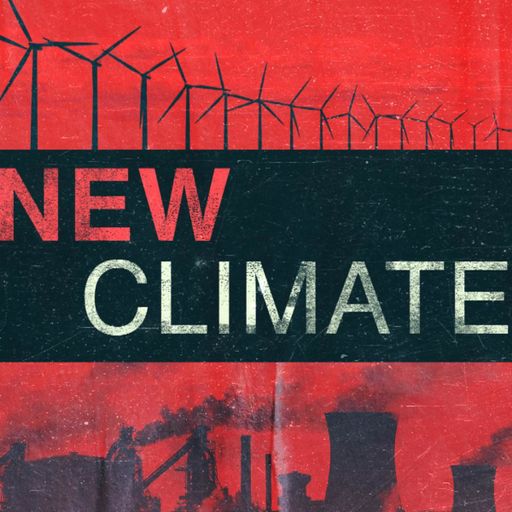
A New Climate
Why the old argument over whether humans are responsible for climate change is over
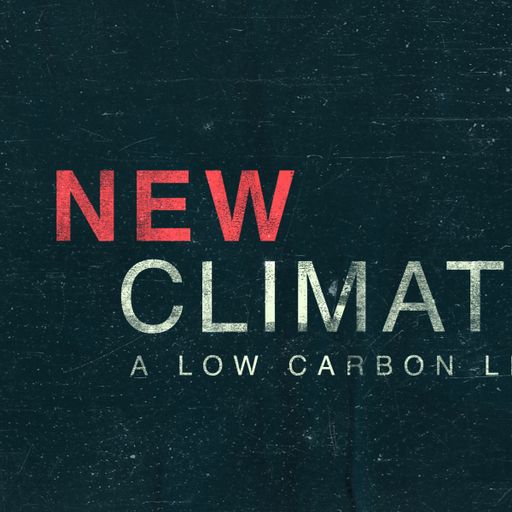
Living a low carbon life
How easy is it to have a low carbon footprint?
“If we fulfil the commitments that were made in Paris in 2015 we will still be very much below what is needed.
“The latest reports of the scientific community tell us that we need to double and in some cases to triple what we have committed in Paris.
“Climate change is moving faster than we expected, and faster than we are reacting to, so the meeting is a sound of an alarm.”
Mr de Alba said he ‘regrets’ that America, one of the world’s biggest polluters, is pulling out of the Paris accord, but that there is no time to wait for Donald Trump to change his mind.
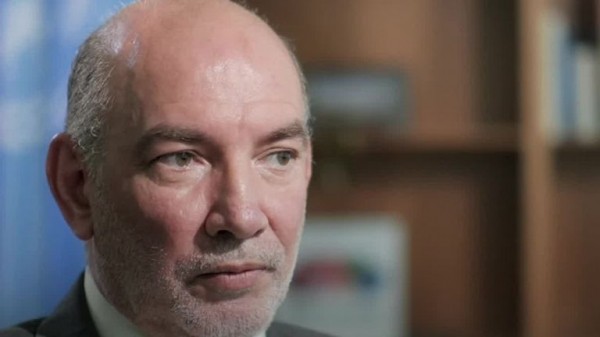
I asked if the world can make the progress it needs to while President Trump is in office.
He replied: “No-one is telling us that they are going to wait for others to move before they do.
“The majority (of countries) are moving on… this is not a problem for 2030 or 2050… actions need to take place today.”

His comments come days after millions of people took part in a series of climate strikes around the world, calling for stronger action to limit global warming.
Former United Nations Secretary-General Ban Ki-moon is optimistic.
Big polluters like China and the UK are expected to announce new commitments at the summit, alongside major businesses who will lay out ambitious plans for helping to drive global net carbon emissions down to zero by 2050.

Mr Ban told Sky News that eventually he thinks the US will fall into line.
That’s partly because the increasingly dramatic effects of our warming planet will force it to.

He said: “I’m sure that the United States will have to return… because climate change does not respect national borders.
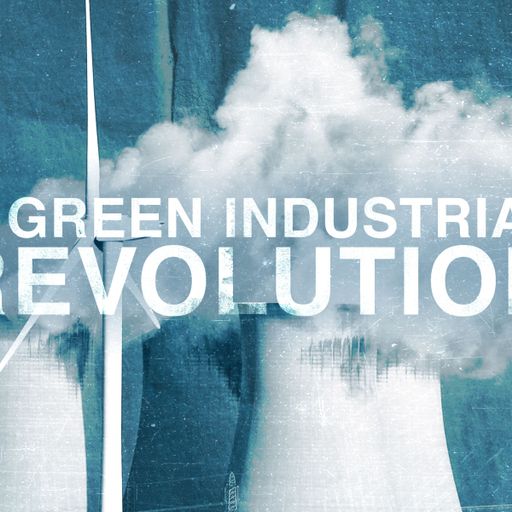
A green industrial revolution
How the UK's energy production is changing to adapt to climate change
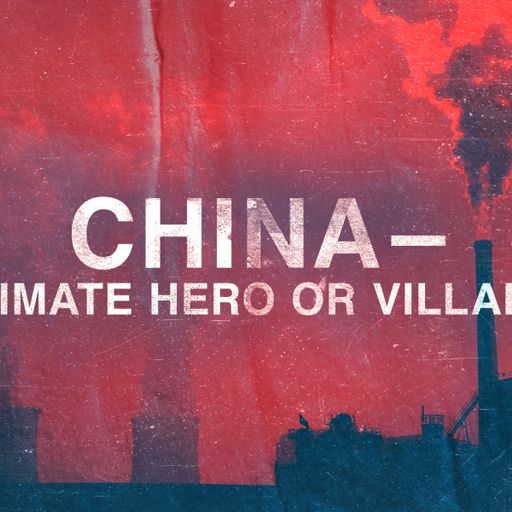
China – climate hero or villain?
The world's biggest polluter is investing in renewables but is also opening new coal plants
“The United States is just one of us on planet earth.
“Nature does not negotiate with human society.”
But there are other geopolitical headwinds creating challenges for the UN summit.

The women fighting climate change in America
Women are mobilising against a president who take counsel from climate deniers

Brazil's rainforest: Back under attack
Under new president Jair Bolsonaro, the Amazon's riches are a renewed battleground
The countries have been told that if they even want a speaking slot, they must bring concrete plans and enhanced commitments.
But globally there are a lot of potential distractions, including Brexit, escalating trade issues between China and the US, and tensions with Iran – making collective action on anything harder to achieve.
Professor James Hansen, a former NASA scientist, warned the US Congress about global warming in 1988.
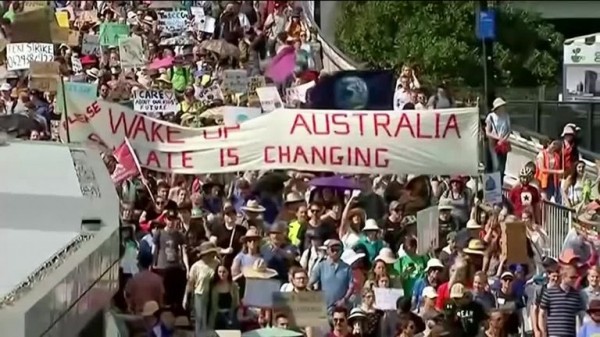
After decades of talking, he is sceptical of the value of endless summits and says the only viable option is for the biggest economies to adopt a price on carbon.

He said: “Nations are going to do what is in their best interests for raising their standard of living, and as long as fossil fuels appear to be their cheapest energy, then they will just keep burning them.
“The approach chosen; asking each country to ‘please reduce its emissions’, is simply not going to work.”
Next article
91-year-old climate protester arrested near port of Dover
